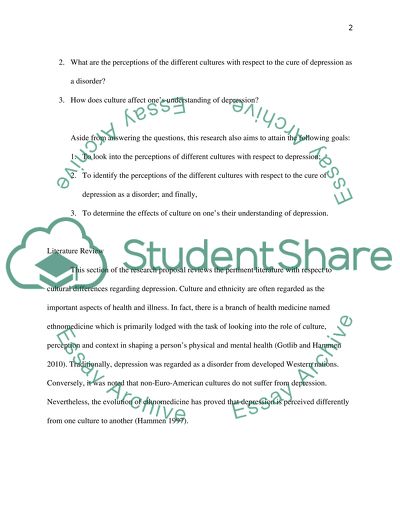Cite this document
(“How people from different cultures view depression Dissertation”, n.d.)
Retrieved from https://studentshare.org/psychology/1416990-how-people-from-different-cultures-view-depression
Retrieved from https://studentshare.org/psychology/1416990-how-people-from-different-cultures-view-depression
(How People from Different Cultures View Depression Dissertation)
https://studentshare.org/psychology/1416990-how-people-from-different-cultures-view-depression.
https://studentshare.org/psychology/1416990-how-people-from-different-cultures-view-depression.
“How People from Different Cultures View Depression Dissertation”, n.d. https://studentshare.org/psychology/1416990-how-people-from-different-cultures-view-depression.


